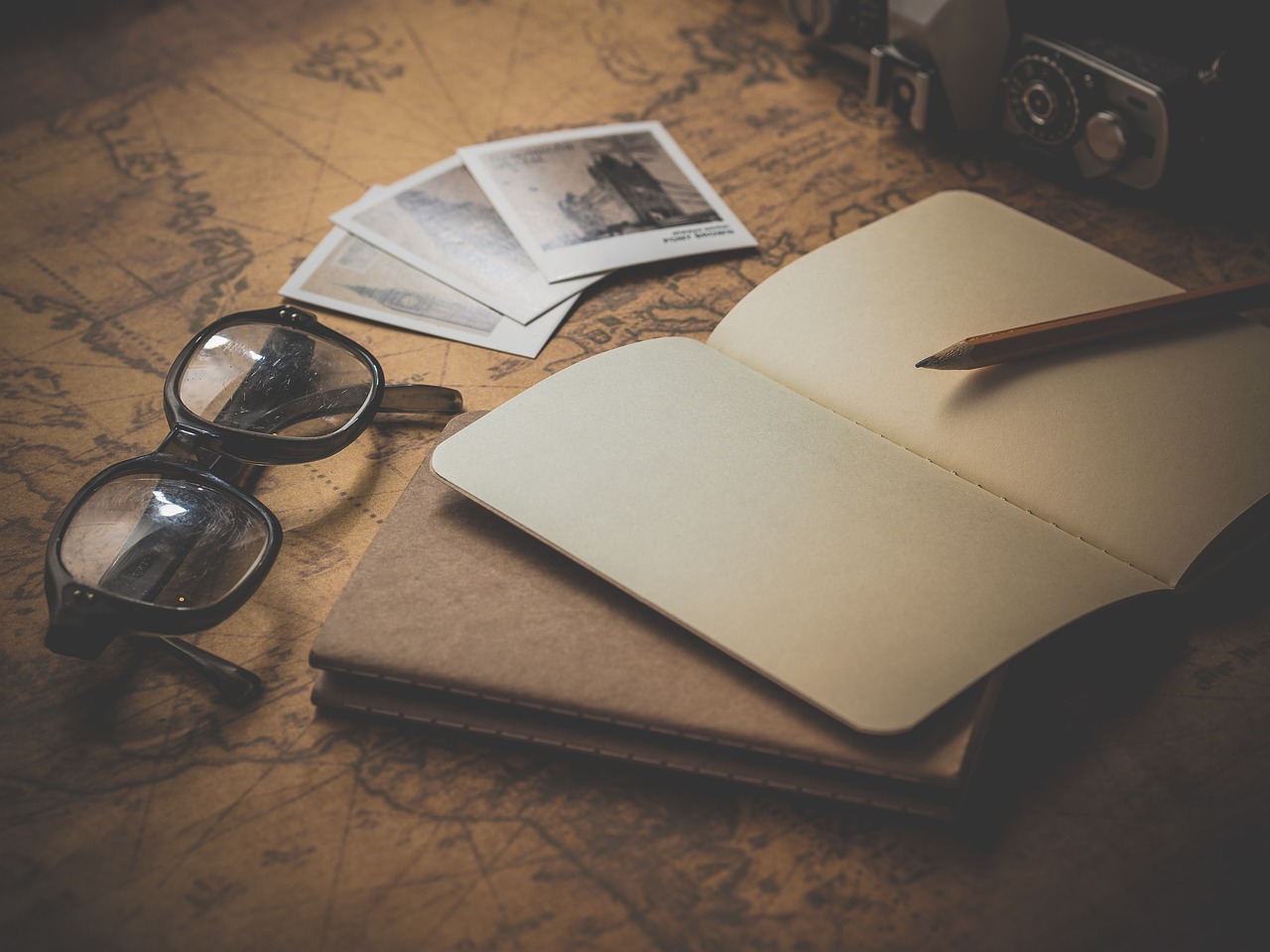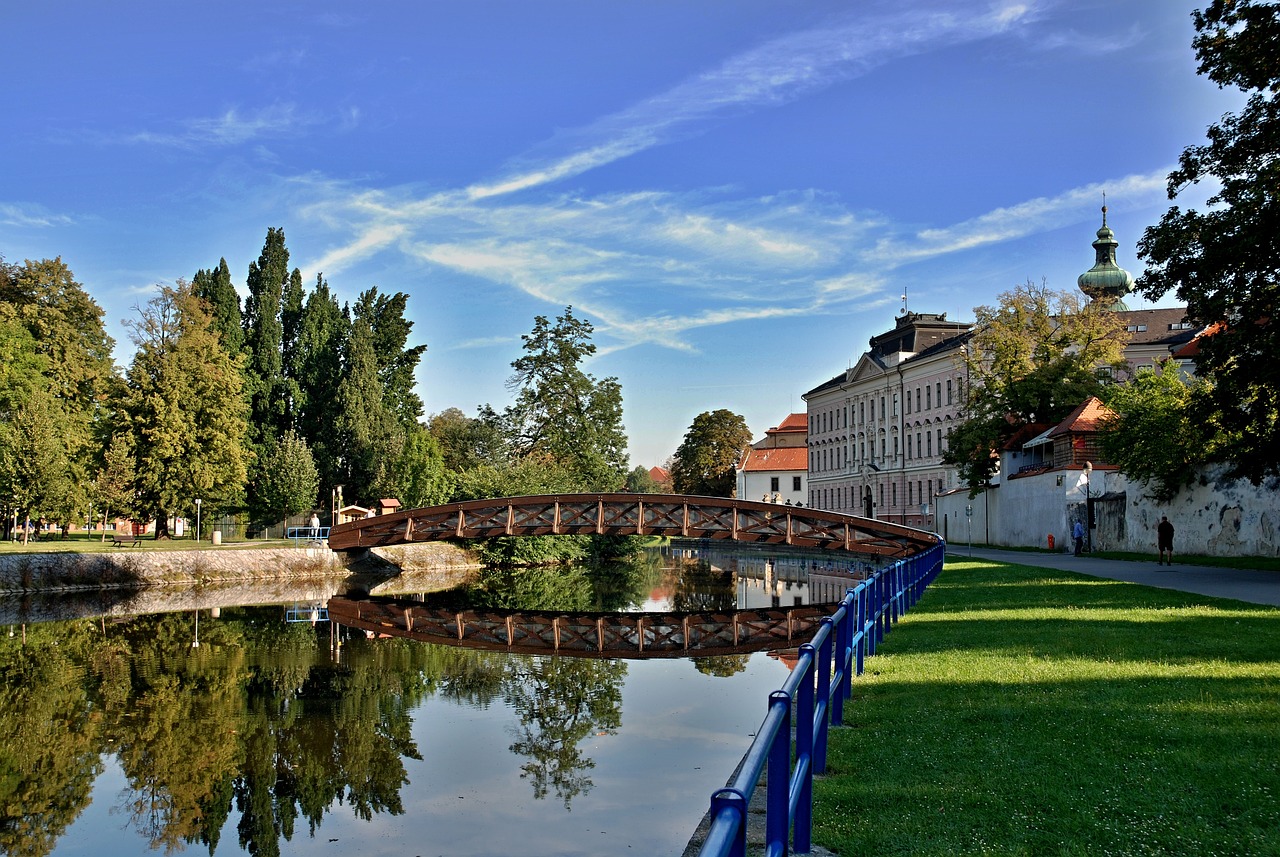Greetings and Introductions for Travelers and Newcomers
Traveling to a new country can be both exciting and nerve-wracking. One of the first things you’ll encounter in a new place is the need to greet and introduce yourself. This is where a handful of essential phrases for travelers and newcomers come in handy. Let’s explore some of the warm and welcoming ways to kick off your conversations and make a fantastic first impression.
1. Mastering the Basics
When you land in a foreign land, there’s nothing like a warm and friendly greeting to ease your way into the local culture. So, let’s start with the most basic and universal of greetings: “Hello” or “Hi.” These are the golden words that can open countless doors and hearts as you embark on your journey.
Don’t forget the magic words: “Please” and “Thank you.” These phrases can go a long way in showing your appreciation for the local hospitality, whether you’re ordering a meal, asking for directions, or simply engaging in polite conversation. Remember, politeness knows no boundaries!
2. Friendly Introductions
Once you’ve nailed the basic greetings, the next step is introducing yourself. Start with, “My name is [Your Name].” It’s straightforward and universally understood. If you’d like to be a bit more formal, you can say, “I’m [Your Name].” It’s equally effective and makes you sound like a local in no time.
Let’s get a little more adventurous! Try, “Nice to meet you.” It’s a warm and welcoming way to express your pleasure in meeting someone new. If you want to show extra interest in getting to know the person, add, “Where are you from?” or “What’s your name?” These questions demonstrate your genuine curiosity about the people you meet.
3. Getting Around with ‘Yes’ and ‘No’
When you’re in a new place, understanding and responding to simple questions can be a lifesaver. “Yes” and “No” are two words you should have at your fingertips. They’re essential for answering questions like, “Do you need help?” or “Is this your first time here?”
To express uncertainty or ask for clarification, you can use, “I’m not sure” or “Can you repeat that, please?” These phrases can make your interactions smoother and more productive, especially when dealing with language barriers.
4. Directions and Location
As a traveler or newcomer, you’re bound to need directions at some point. In these situations, don’t be afraid to ask, “Where is [Place Name]?” Locals are often happy to help and appreciate the effort you’re making to speak their language.
If you’re searching for something specific, such as a restroom or a restaurant, you can say, “Where is the nearest [Restroom/Restaurant]?” Keep in mind that understanding numbers can be quite handy. “One,” “two,” “left,” and “right” are crucial when following directions.
5. Emergencies and Assistance
It’s also crucial to be prepared for unexpected situations. The phrase, “Help, please!” can come to your rescue when you’re in trouble. If you need to contact the authorities or emergency services, “Call the police/ambulance” can be a literal lifesaver.
Another essential phrase is, “I need a doctor.” When faced with health concerns, expressing your needs clearly is vital. Remember, being well-prepared for emergencies can provide peace of mind while you’re away from home.
6. Friendly Farewells
No conversation is complete without a proper farewell. When it’s time to part ways, “Goodbye” or “See you later” is the way to go. For a more casual farewell, try “Take care” or “Have a great day.”
Remember that parting words are a reflection of your overall interaction. So, choose them with care to leave a lasting positive impression
Ordering Food and Dining Out: A Culinary Adventure for Travelers and Newcomers
Are you ready to embark on a delectable journey as a traveler or newcomer in a foreign land? Ordering food and dining out can be one of the most enjoyable aspects of exploring a new culture. To make your culinary adventure a memorable one, let’s dive into some essential phrases that will not only satisfy your taste buds but also win the hearts of the locals.
1. “Table for Two, Please!”
You’ve found that charming little restaurant that caught your eye, and now you want to grab a bite. Start with the magic words: “Table for two, please!” If you’re dining alone, simply replace “two” with “one.” These phrases are your ticket to a delicious experience.
2. Deciphering the Menu
Navigating a foreign menu can be both exciting and bewildering. When you’re unsure about a dish, don’t hesitate to ask, “What’s this?” Locals often appreciate your curiosity and are happy to explain the delicacies.
Craving something specific from the menu? Use phrases like, “I’d like to order [dish name]” or “Could I have the [specialty dish], please?” Not only does this show your enthusiasm for trying local cuisine, but it also ensures you get exactly what you want.
3. Dietary Requests and Allergies
If you have dietary restrictions or allergies, it’s crucial to communicate them clearly. Phrases like “I’m vegetarian” or “I’m allergic to [ingredient]” can help you enjoy your meal without any surprises. Locals will often go out of their way to accommodate your needs.
4. Enhancing Your Dining Experience
To fully savor the local flavors, remember to show appreciation. Simple phrases like “This is delicious!” or “The food is amazing” can go a long way. You might even want to ask, “What’s your specialty?” to get recommendations directly from the locals.
Don’t forget to finish your meal with a sweet “Thank you” and “The meal was wonderful.” This expresses your gratitude for the culinary journey you’ve just enjoyed.
5. Settling the Bill
As the meal comes to an end, it’s time to settle the bill. You can ask for it by saying, “Can we have the check, please?” or “The bill, please.” When it’s time to leave, expressing your satisfaction with a “Great meal, thank you!” is a nice touch.
6. Tipping Etiquette
Tipping customs vary from place to place. You can inquire about tipping by asking, “Is service included?” If it’s not, and you wish to leave a tip, you can simply say, “Keep the change” or “Keep [amount] as a tip.” This ensures you leave with a heartwarming gesture of appreciation.
Navigating Public Transportation: Your Ticket to Adventure
Embarking on a new adventure in a foreign land often involves hopping onto public transportation. Trains, buses, trams, and subways can take you to incredible places and hidden gems. But for travelers and newcomers, understanding the ins and outs of public transportation can be a bit intimidating. Worry not; we’ve got the essential phrases to make your public transit experience smooth and enjoyable.
1. “How Do I Get to [Your Destination]?”
Your journey starts with figuring out how to reach your desired destination. Asking, “How do I get to [place]?” or “Which way to [destination]?” is your first step to adventure. Locals are often happy to assist.
2. Ticketing and Fare
Purchasing the right ticket is crucial. You can ask, “How much is a ticket?” or “One ticket to [destination], please.” Inquire about options like day passes or discounts to save on transportation costs.
3. “Is This the Right [Train/Bus/Tram]?”
Making sure you’re on the correct train or bus is essential. Simply ask, “Is this the right [train/bus/tram] for [destination]?” It’s a foolproof way to avoid taking the wrong route.
4. Stops and Stations
Once onboard, you may need to know when your stop is approaching. Politely ask, “When is the [destination] stop?” or “Can you tell me when to get off, please?”
5. “Excuse Me, I’m Lost”
If you ever find yourself turned around or uncertain, don’t be afraid to ask for help. Saying, “Excuse me, I’m lost” often leads to friendly locals providing guidance.
6. “Where Is the Nearest [Station/Stop]?”
When you’re out exploring and need to return to your base, knowing the location of the nearest station or stop is valuable. Ask, “Where is the nearest [station/stop]?” to get back on track.
7. “Is This Seat Taken?”
In crowded vehicles, finding a seat can be a challenge. Asking, “Is this seat taken?” before sitting is a courteous way to ensure you’re not taking someone else’s spot.
8. Interaction with Locals
Public transportation is an excellent opportunity to engage with locals. Strike up conversations with phrases like, “Hello, is this your stop?” or “How’s the weather today?” It’s a great way to make new friends.
9. “Excuse Me, May I Pass?”
Navigating through crowded stations or vehicles can be tricky. To politely get through, say, “Excuse me, may I pass, please?” It’s a small phrase that can make a big difference.
10. Showing Appreciation
When your journey is over, don’t forget to show your gratitude. A simple “Thank you” or “Have a great day” is a wonderful way to appreciate the assistance you receive along the way.
Staying Safe Abroad: Essential Phrases for Travelers and Newcomers in Emergency Situations
While we all hope for smooth and trouble-free journeys, sometimes unexpected situations can arise when traveling. It’s crucial to be prepared and know how to seek help when you need it. In this section, we’ll explore essential phrases that can be your lifeline during emergency situations in a foreign land.
1. “Help, Please!”
In any emergency, the first phrase to remember is “Help, please!” It’s straightforward, universally understood, and can quickly alert others to your distress. It’s your verbal SOS signal.
2. “I Need a Doctor”
For health emergencies, saying, “I need a doctor” is essential. Whether you’re feeling unwell, injured, or need medical assistance, this phrase will get you the help you require promptly.
3. “Call the Police”
In situations requiring police intervention, saying, “Call the police” is a direct way to summon law enforcement. This phrase is indispensable when dealing with theft, accidents, or other criminal incidents.
4. “I’ve Lost My Passport/Wallet”
Losing important documents or belongings can be stressful. To report such incidents, use phrases like, “I’ve lost my passport” or “I can’t find my wallet.” This can aid in retrieving or replacing lost items.
5. “Where Is the Nearest Hospital/Embassy/Police Station?”
Knowing how to ask for the nearest essential services can be a game-changer. Use phrases like, “Where is the nearest hospital?” or “Can you direct me to the embassy?” to get assistance quickly.
6. “I’ve Been Injured”
In case of accidents or injuries, saying, “I’ve been injured” can alert others to your condition. It’s crucial for getting immediate medical attention.
7. “Can You Help Me?”
Sometimes, you may need general assistance. Asking, “Can you help me?” conveys your need for support. Locals and fellow travelers are often willing to assist.
8. “I’m Lost”
When you’re disoriented or can’t find your way, saying, “I’m lost” is a straightforward way to seek guidance. People are generally helpful when they know you need directions.
9. “I’m Feeling Unwell”
If you’re not feeling well but don’t require urgent medical attention, saying, “I’m feeling unwell” can help you receive advice or assistance in finding a nearby pharmacy or medical facility.
10. “I’m Locked Out”
For unexpected situations like getting locked out of your accommodation, use the phrase, “I’m locked out.” It’s a concise way to explain your problem and request assistance.
Conclusion
While travel is mostly about adventure and exploration, it’s essential to be prepared for the unexpected. These essential phrases for emergency situations can be your safety net in a foreign land. Stay safe, stay informed, and remember that there’s always help available when you need it. Travel with confidence, knowing you have the tools to handle whatever comes your way.




